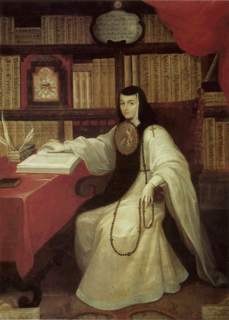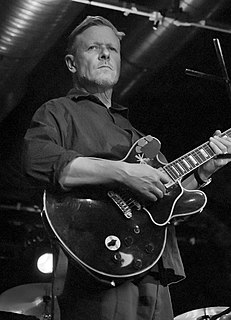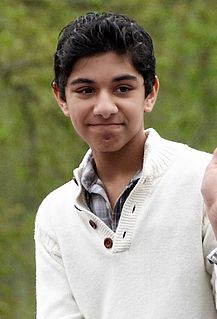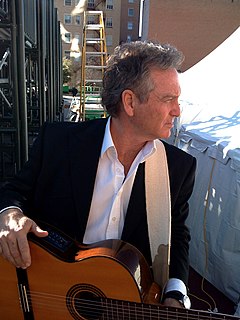A Quote by Joan Didion
I just read everything I could get my hands on. I taught myself to read or my mother taught me. Who knows how I learned to read? It was before I went to school, so I would go to the library and just take things off the shelf. My mother had to sign a piece of paper saying I could take adult books.
Related Quotes
I was not yet three years old when my mother determined to send one of my elder sisters to learn to read at a school for girls we call the Amigas. Affection, and mischief, caused me to follow her, and when I observed how she was being taught her lessons I was so inflamed with the desire to know how to read, that deceiving - for so I knew it to be - the mistress, I told her that my mother had meant for me to have lessons too. ... I learned so quickly that before my mother knew of it I could already read.
I never could read Foucault. I find philosophy tedious. All of my knowledge comes from reading novels and some history. I read Being and Nothingness and realized that I remembered absolutely nothing when I finished it. I used to go to the library every day and read every day for eight hours. I’d dropped out of high school and had to teach myself. I read Sartre without any background. I just forced myself and I learned nothing.
I was a voracious reader and the library fed my curiosity, imagination and my soul. I read by the shelf - biographies, fantasy - all and everything fed my dreams. Then as an adult whenever I would go on location the first thing we would do as a family is sign up at the closest library. Not only would we find books, but what was happening in that town, because the library is the head of the community.
I studied piano from the age of three. My grandmother taught piano. I stayed at her house during the day while my parents worked. I obviously wanted to learn to play. And so she asked if she could teach me, and my mother said don't you think she's too young. My grandmother apparently said no. So I could read music before I could read, and I really don't remember learning to read music. So for me it's like a native language. When I look at a sheet of music, it just makes sense.
I read a lot. I always have, but in those two years I gorged myself on books with a voluptuous, almost erotic gluttony. I would go to the local library and take out as many as I could, and then lock myself in the bedsit and read solidly for a week. I went for old books, the older the better - Tolstoy, Poe, Jacobean tragedies, a dusty translation of Laclos - so that when I finally resurfaced, blinking and dazzled, it took me days to stop thinking in their cool, polished, crystalline rhythms.
'Jane Eyre' must have been something I read six or seven times as an early adolescent. And 'Kristin Lavransdatter,' and 'Lorna Doone' when I was younger. My parents had a pretty rich library, no jackets on any of the books, so no descriptions. You just pulled something off the shelf and started to read it.


































